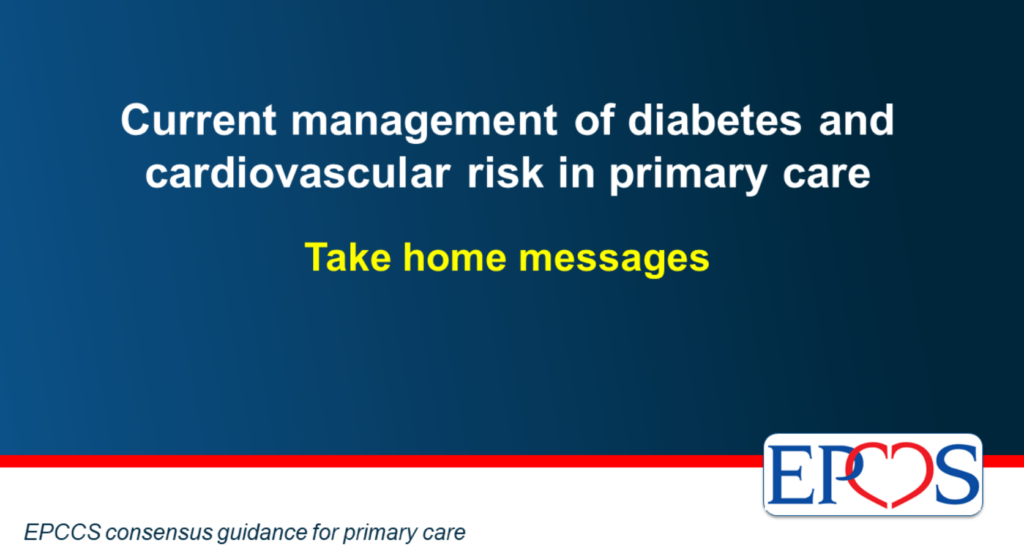- Type 2 diabetes (T2DM) is a growing global problem.
- T2DM is usually a progressive disease that starts with impaired glucose tolerance (IGT, or pre-diabetes), which may lead insulin resistance (IR), and the accumulation of complications over time. T2DM is associated with an increased risk of a range of cardiovascular diseases (CVD) and is recognized as a cardiovascular (CV) mortality risk factor.
- Traditionally, the focus of T2DM treatment was on lowering glycated haemoglobin (HbA1c).
- Whilst lowering glucose has been shown to decrease microvascular complications, lowering HbA1c with older therapies, with the exception of metformin, does not improve mortality or vascular risk. However, some newer anti-diabetes medications have demonstrated significant CV benefits, namely the sodium-glucose cotransporter-2 (SGLT2) inhibitors, and some GLP-1 receptor agonists (GLP-1RAs). These new findings offer the potential a more comprehensive treatment approach in T2DM management, which addresses both hyperglycaemia and the associated risk of CV morbidity and mortality.
- All of these aspects will be discussed in more detail in this practical guidance document, which aims to guide general practitioners (GPs) and other primary care physicians on how to manage vascular disease in T2DM patients in primary care.

